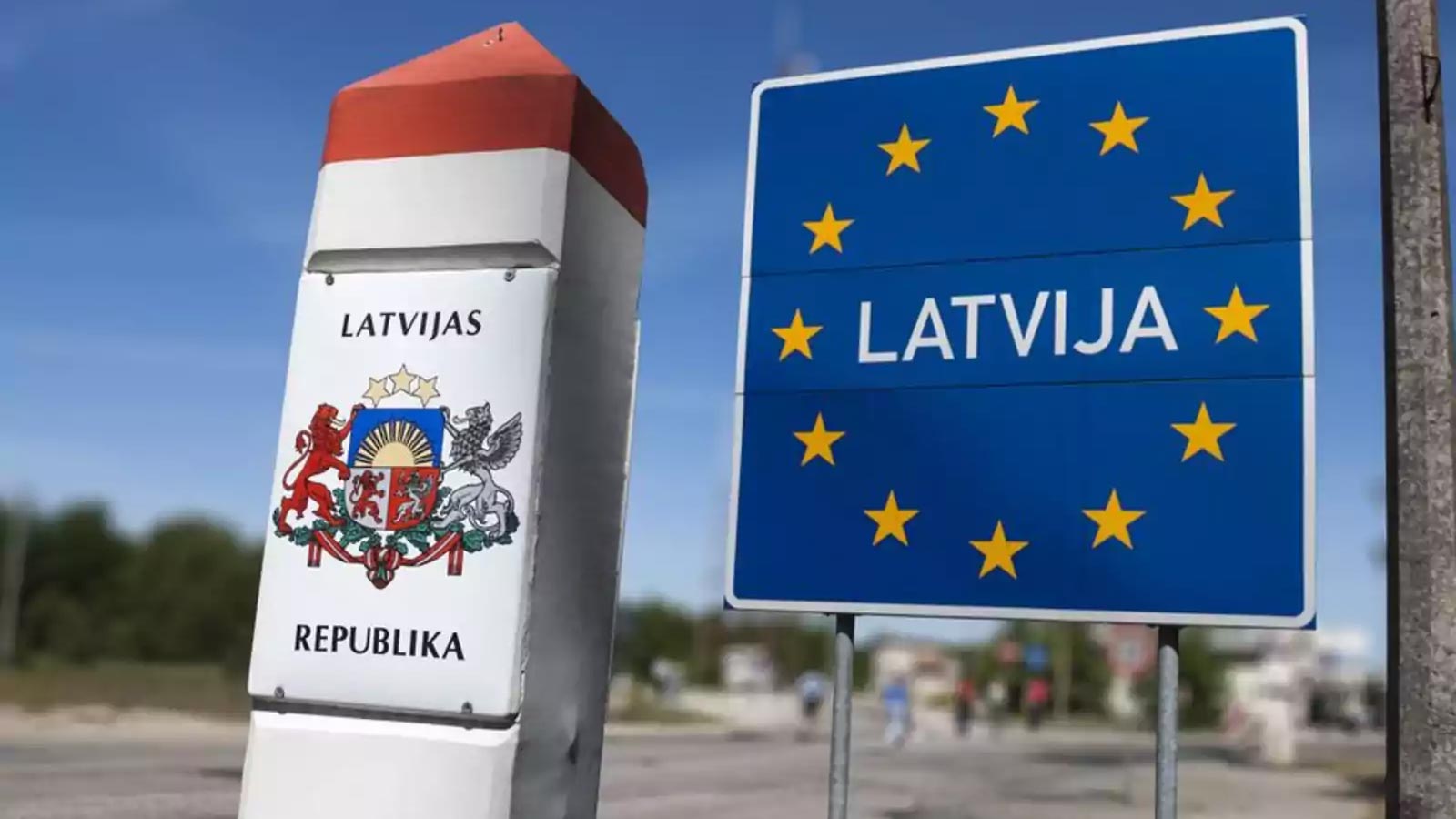Quick Read
Latvia has tightened immigration laws for Russian citizens due to security concerns.Amendments require language proficiency and background checks for residency.841 Russian citizens were ordered to leave after failing to comply with the new rules.Persistent non-compliance could lead to deportation and withdrawal of social benefits.The measures reflect Latvia’s broader national security strategy amid tensions with Moscow.
Latvia, a Baltic nation known for its staunch stance on national security, has taken significant steps to regulate the presence of Russian citizens within its borders. In response to geopolitical tensions stemming from Russia’s invasion of Ukraine in 2022, Latvia has implemented stricter immigration laws, particularly targeting Russian nationals. This move underscores Latvia’s commitment to aligning its policies with European Union standards and its dedication to safeguarding national interests.
Background of the Immigration Law Amendments
The amendments to Latvia’s Immigration Law, introduced in late 2022 and further tightened in 2024, were motivated by security concerns and the ongoing conflict in Ukraine. The new regulations require Russian citizens residing in Latvia to apply for EU long-term resident status, demonstrate proficiency in the Latvian language at an A2 level, and undergo comprehensive security and background checks. These measures aim to ensure that individuals living in Latvia are well-integrated into the society and do not pose a threat to the country’s security.
Approximately 30,000 Russian citizens were affected by these changes. While the majority managed to comply with the new requirements, a significant number either left voluntarily or faced challenges in meeting the criteria. The deadline for compliance was set for June 30, 2025, with a strict enforcement policy thereafter.
Enforcement and Impact
By October 13, 841 Russian citizens who failed to meet the requirements were ordered to leave Latvia. According to the Office of Citizenship and Migration Affairs (OCMA), those who did not submit the necessary documents in time were notified of their unlawful status. Individuals who persistently fail to comply risk losing access to social services and could face deportation.
Madara Puķe, the head of public relations at OCMA, emphasized that the law is clear and non-compliance results in penalties, including the withdrawal of residence permits and pensions. This has led to cases where affected individuals only realized their predicament upon losing access to social benefits. Such instances highlight the importance of awareness and timely action among residents.
Further, the Latvian parliament has introduced additional restrictions on Russian and Belarusian citizens. These include bans on working in critical infrastructure and purchasing real estate, measures aimed at minimizing risks associated with foreign influence and espionage.
National Security Concerns
The tightening of immigration laws reflects Latvia’s broader strategy to bolster national security. The country has been vocal in urging EU member states to halt visa issuance to Russian citizens, citing the potential risks posed by individuals from adversarial nations. Foreign Minister Baiba Braže has been at the forefront of these efforts, advocating for unified action across Europe.
Latvia’s stance is further reinforced by its history of strained relations with Moscow and its position as a frontline state in the NATO alliance. The measures taken are not only about regulating migration but also about sending a clear message regarding Latvia’s priorities in the face of geopolitical challenges.
Public Response and Future Implications
The public response to these policies has been mixed. While many Latvians support the government’s firm stance on immigration and security, concerns have been raised about the potential humanitarian impact on individuals who fail to comply. Critics argue that the measures could lead to social isolation and economic hardships for affected families.
Looking ahead, Latvia’s approach may serve as a model for other EU countries grappling with similar issues. The balance between security and inclusivity remains a critical challenge for policymakers, and Latvia’s experience offers valuable insights into navigating these complexities.
Latvia’s tightened immigration laws highlight its determination to protect national interests and ensure the integration of foreign residents. The measures underscore the country’s commitment to security and its proactive response to evolving geopolitical dynamics.
